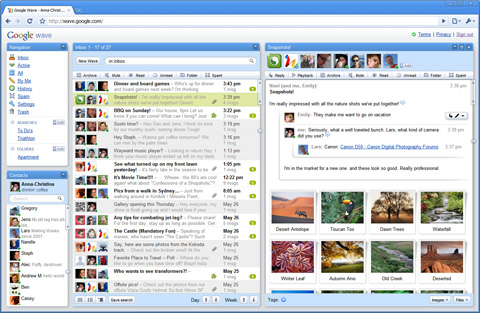 It’s days like these that make me really, really happy that so many Google services are so indirectly monetized. OpenDNS, the world’s most popular DNS service, makes money by hijacking 404 errors to show its own ads. Combined with revenue from filtering services for corporate users, OpenDNS made $20,000 per day on just 7 billion daily queries last year. Today, they handle 20 billion daily queries.
It’s days like these that make me really, really happy that so many Google services are so indirectly monetized. OpenDNS, the world’s most popular DNS service, makes money by hijacking 404 errors to show its own ads. Combined with revenue from filtering services for corporate users, OpenDNS made $20,000 per day on just 7 billion daily queries last year. Today, they handle 20 billion daily queries.
Sure, OpenDNS is a great service that offers lots of features, but DNS hijacking is an ethically questionable practice. Error pages full of ads might occasionally be useful, but they’re one step away from hijacking legitimate pages — for censorship, phishing, blocking competition, whatever nefarious purpose.
Enter Google Public DNS, which follows DNS protocols to the letter: absolutely no hijacking, even for error pages. If you misspell stuff in your address bar, or if the webmaster of your favorite site is a moron, then you get an error page and nothing else. If Google isn’t showing ads through Google Public DNS, then what do they gain from offering this service for free? Three things: [Read more…]
Originally posted on December 4, 2009 @ 3:55 am
